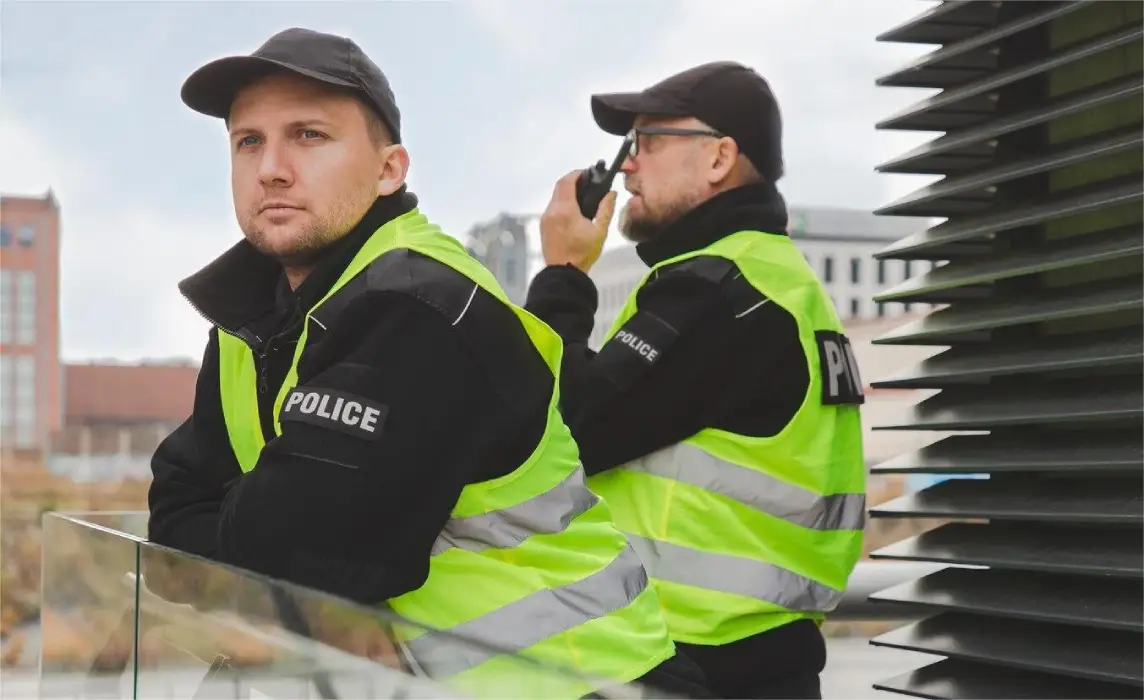
CCTV Licence If I Work in a Retail Supermarket
By London Security College Is Your Licence Near to Expire? SIA Refresher Training + First
SIA Refresher Training + First Aid– Keep Your Licence Active! Only £199
Being wrongly accused of stealing in a shop is not only frustrating but can also be emotionally distressing. Knowing your rights and handling the situation calmly is crucial. We’ll answer people’s most common questions when falsely accused of shoplifting, including whether you can sue, claim compensation, and defend yourself legally.
Yes, you could sue a store for falsely accusing you of stealing if the accusation caused you significant harm, such as emotional distress, reputational damage, or financial loss. To do this, you may file a claim for defamation or false imprisonment if you were unlawfully detained by store staff. However, pursuing a legal case can be costly and time-consuming, so it is often best to resolve the matter informally or seek an apology before considering legal action.
If you have been wrongly accused of shoplifting, you may be entitled to compensation if the situation caused you harm. Compensation could cover:
You may need to consult a solicitor to assess your strong compensation case.
If you are accused of shoplifting in the UK, you have several rights:
Knowing your rights ensures that you are not unfairly treated during such encounters.
Legally, someone can accuse another person of stealing, but doing so without proof is risky. Accusations made without evidence can lead to legal consequences for the accuser, mainly if they result in harm, such as wrongful detention or damage to reputation. In the UK, security officers and staff must have reasonable grounds or clear evidence, such as seeing you conceal an item or finding unpaid merchandise in your possession, before accusing you of shoplifting.
Here are some steps to take if you are wrongly accused of stealing:
If you find yourself wrongly accused of shoplifting, follow these steps:
Yes, you can be accused of shoplifting even before leaving the store. Security staff or store personnel might accuse you of shoplifting if they believe you are attempting to conceal items intending to steal, such as hiding goods in a bag or under clothing. While shoplifting typically occurs when someone leaves the store without paying, store employees can intervene if they suspect you are about to commit theft.
Accusing someone of shoplifting without evidence is risky for the store or security staff. While they may suspect theft based on behaviour, they must have reasonable grounds, such as witnessing suspicious actions, finding unpaid merchandise, or reviewing CCTV footage. Accusations without solid evidence can result in legal consequences, such as defamation claims or complaints against the store or security team. To ensure the situation is handled fairly, it is essential to ask for proof if you are accused of shoplifting.
Being wrongly accused of stealing is a distressing experience but knowing your rights and staying calm are the best ways to protect yourself. Whether you want to seek legal advice, request an apology, or defend yourself, it is essential to understand the legal boundaries that apply to store staff and customers.
For more information on security laws and training, visit London Security College. We provide expert courses on security practices and legal responsibilities to help security officers and the public stay informed.

By London Security College Is Your Licence Near to Expire? SIA Refresher Training + First

By London Security College Is Your Licence Near to Expire? SIA Refresher Training + First

By London Security College Is Your Licence Near to Expire? SIA Refresher Training + First

By London Security College Is Your Licence Near to Expire? SIA Refresher Training + First
London| Birmingham| Manchester | Leeds | Glasgow | Sheffield
London Security College is the leading supplier of SIA Licence courses in London. We excel in SIA Courses such as SIA Door Supervisor Course, SIA Top Up Training, SIA CCTV Surveillance Course, First Aid Courses, Traffic Marshal Banksman Course Online, and Forklift Training Course.
“It is impossible for a man to learn what he thinks he already knows”
London Security College
International House,
24 Holborn Viaduct,
London, EC1A 2BN
020 8050 4108
Copyright © LONDON SECURITY COLLEGE is a training and hiring platform

Fill in the form below